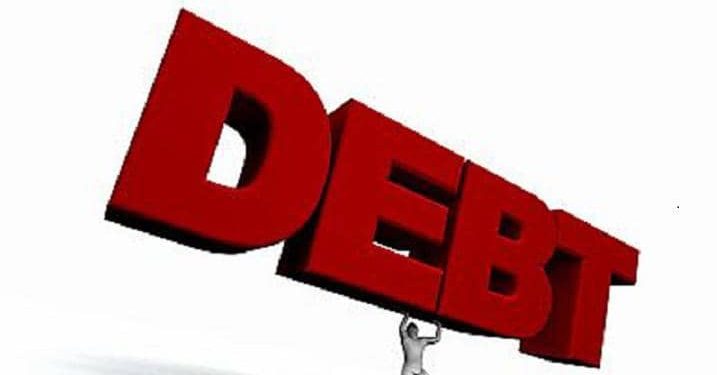By Enyichukwu Enemanna
The Macro Poverty Outlook for Nigeria for the month of April 2023 released by the World Bank has indicated that Nigeria spent at least 96.3 per cent of revenue generated in 2022 to service debt.
The bank posits that the regular fiscal deficit has increased the West African country’s public debt stock.
According to the global lender, the scarcity of the local currency, Naira which was induced by the Central Bank of Nigeria’s currency redesign policy brought about challenges in economic growth and poverty reduction efforts.
It says about 13 million Nigerians would become poor between 2019 and 2025.
“The fiscal position deteriorated. In 2022, the cost of the petrol subsidy increased from 0.7 per cent to 2.3 per cent GDP. Low non-oil revenues and high-interest payments compounded fiscal pressures.
“The fiscal deficit was estimated at 5.0 per cent of GDP in 2022, breaching the stipulated limit for a federal fiscal deficit of 3 per cent. This has kept the public debt stock at over 38 per cent of GDP and pushed the debt service to revenue ratio from 83.2 per cent in 2021 to 96.3 per cent in 2022″, the report read in part.
It says further, “Nigeria is in a more fragile position than before the late 2021 global oil price boom. Growth and poverty reduction have further been affected by cash scarcity in the context of the Naira redesign.
“The economy is projected to grow by an average of 2.9 per cent per year between 2023 and 2025, only slightly above the population growth rate of 2.4 per cent. Growth will be driven by services, trade, and manufacturing. Oil production is projected to remain subdued in part because of inefficiencies and insecurity.
“With Nigeria’s population growth continuing to outpace poverty reduction and persistently high inflation, the number of Nigerians living below the national poverty line will rise by 13 million between 2019 and 2025 in the baseline projection.”
Nigeria, the largest population is Africa has been confronted with age-long escalating poverty rate which has been worsened by several socio-economic factors, including security concerns in several parts of the country.
The report highlighted that the economic environment in the country had further widened the poverty net as more millions of Nigerians have been confronted with a decreasing living standard.
The brief read, “Oil price booms have previously supported the Nigerian economy, but this has not been the case since 2021. Instead, macroeconomic stability has weakened amidst declining oil production, costly fuel subsidies, exchange rate distortions, and monetization of the fiscal deficit.
“The deteriorating economic environment is leaving millions of Nigerians in poverty. Risks are tilted to the downside given the lack of macro-fiscal reforms, the naira demonetisation, and an uncertain external outlook.”


































